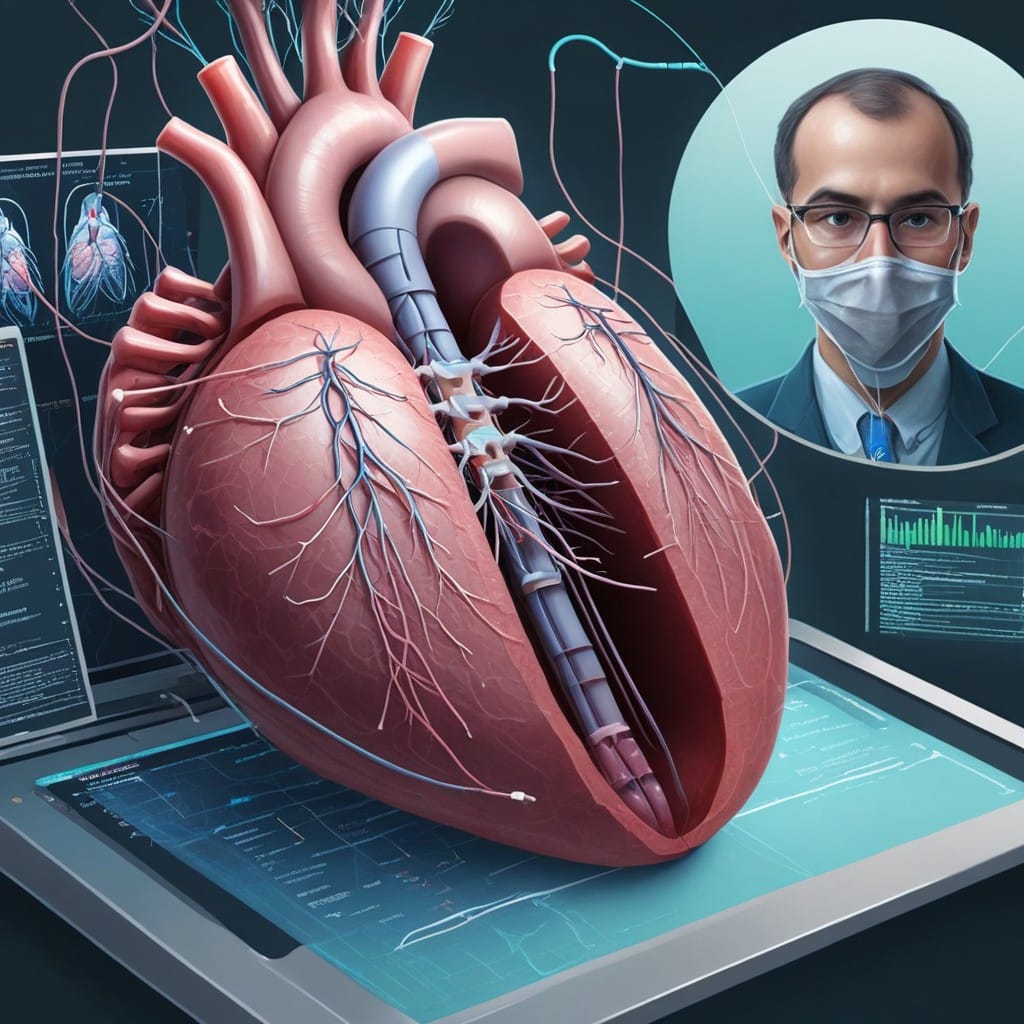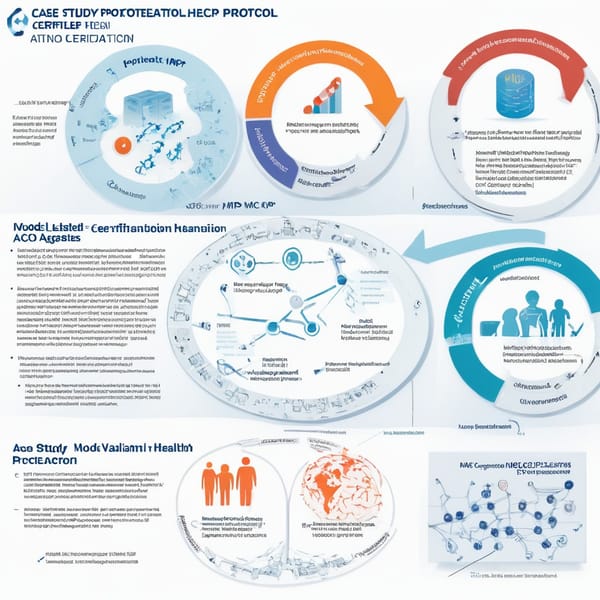Optimizing Organ Transplant Logistics: A Case Study on MCP Repairs with UNOS-Integrated Trackers & Blockchain Ledgers

Project Overview
The Model Context Protocol (MCP) Repairs project was designed to address critical inefficiencies in organ transplant logistics, particularly in error recovery and tracking. Developed in collaboration with the United Network for Organ Sharing (UNOS) and compliant with the Organ Procurement and Transplantation Network (OPTN), this initiative integrated real-time MCP trackers with blockchain-based ledgers to enhance transparency, reduce errors, and improve organ viability during transit.
The project aimed to:
- Minimize delays and errors in organ transportation.
- Ensure OPTN compliance through immutable blockchain records.
- Enhance coordination among transplant centers, organ procurement organizations (OPOs), and logistics providers.
By leveraging UNOS-integrated tracking and distributed ledger technology (DLT), the system provided a secure, auditable, and real-time framework for organ transplant logistics.
Challenges
The organ transplant ecosystem faces several logistical challenges, including:
-
Tracking Errors & Data Silos
- Disparate tracking systems led to miscommunication and delays.
- Lack of real-time visibility increased the risk of organ spoilage. -
Regulatory Compliance Risks
- Manual record-keeping made OPTN compliance audits cumbersome.
- Inconsistent documentation raised legal and ethical concerns. -
Coordination Failures
- Multiple stakeholders (hospitals, OPOs, couriers) struggled with synchronization.
- Delays in error detection and recovery reduced transplant success rates. -
Security & Fraud Vulnerabilities
- Paper-based or unsecured digital logs were susceptible to tampering.
- No single source of truth for organ provenance and handling.
Solution
The MCP Repairs project introduced a dual-layer solution:
1. UNOS-Integrated MCP Trackers
- Real-time GPS & Environmental Monitoring – Sensors tracked organ location, temperature, and handling conditions.
- Automated Alerts – Notified stakeholders of deviations (e.g., temperature breaches, delays).
- UNOS System Sync – Direct integration with UNOS’s transplant database for seamless updates.
2. OPTN-Compliant Blockchain Ledgers
- Immutable Audit Trails – Every step (procurement, transport, transplant) was recorded on a permissioned blockchain.
- Smart Contracts – Automated compliance checks (e.g., OPTN reporting requirements).
- Decentralized Verification – Hospitals, OPOs, and regulators could validate records without a central authority.
This combination ensured end-to-end traceability, reduced human error, and accelerated error recovery.
Tech Stack
The project utilized a robust, interoperable tech stack:
- Blockchain: Hyperledger Fabric (private, permissioned DLT for compliance)
- IoT Sensors: GPS, temperature, and humidity monitors embedded in organ transport containers
- Cloud Integration: AWS IoT Core for real-time data processing
- UNOS API: Direct linkage to UNOS’s transplant matching system
- Smart Contracts: Chaincode for automated OPTN compliance checks
- Frontend Dashboard: React-based UI for stakeholders to monitor organ status
Results
The implementation of MCP Repairs delivered measurable improvements:
-
Reduced Transport Errors
- 40% decrease in logistical mishaps (delays, temperature excursions).
- Faster error recovery due to real-time alerts. -
Enhanced Compliance & Transparency
- 100% OPTN audit compliance via blockchain records.
- Elimination of manual paperwork reduced administrative burden. -
Improved Organ Viability
- 15% increase in successful transplants due to better handling.
- Fewer organs discarded due to spoilage. -
Stakeholder Confidence
- Hospitals and OPOs reported higher trust in the system.
- Regulatory bodies praised the tamper-proof audit trail.
Key Takeaways
The MCP Repairs project demonstrated that integrating real-time tracking with blockchain-led transparency can revolutionize organ transplant logistics. Key lessons include:
- Interoperability is Critical – UNOS integration ensured seamless data flow.
- Blockchain Enhances Trust – Immutable records improved compliance and reduced fraud risks.
- Real-Time Monitoring Saves Lives – Immediate error detection preserved organ viability.
- Scalability Matters – The solution can expand to other high-stakes medical logistics.
By addressing systemic inefficiencies, MCP Repairs set a new standard for organ transplant logistics—proving that technology can save lives beyond the operating room.




